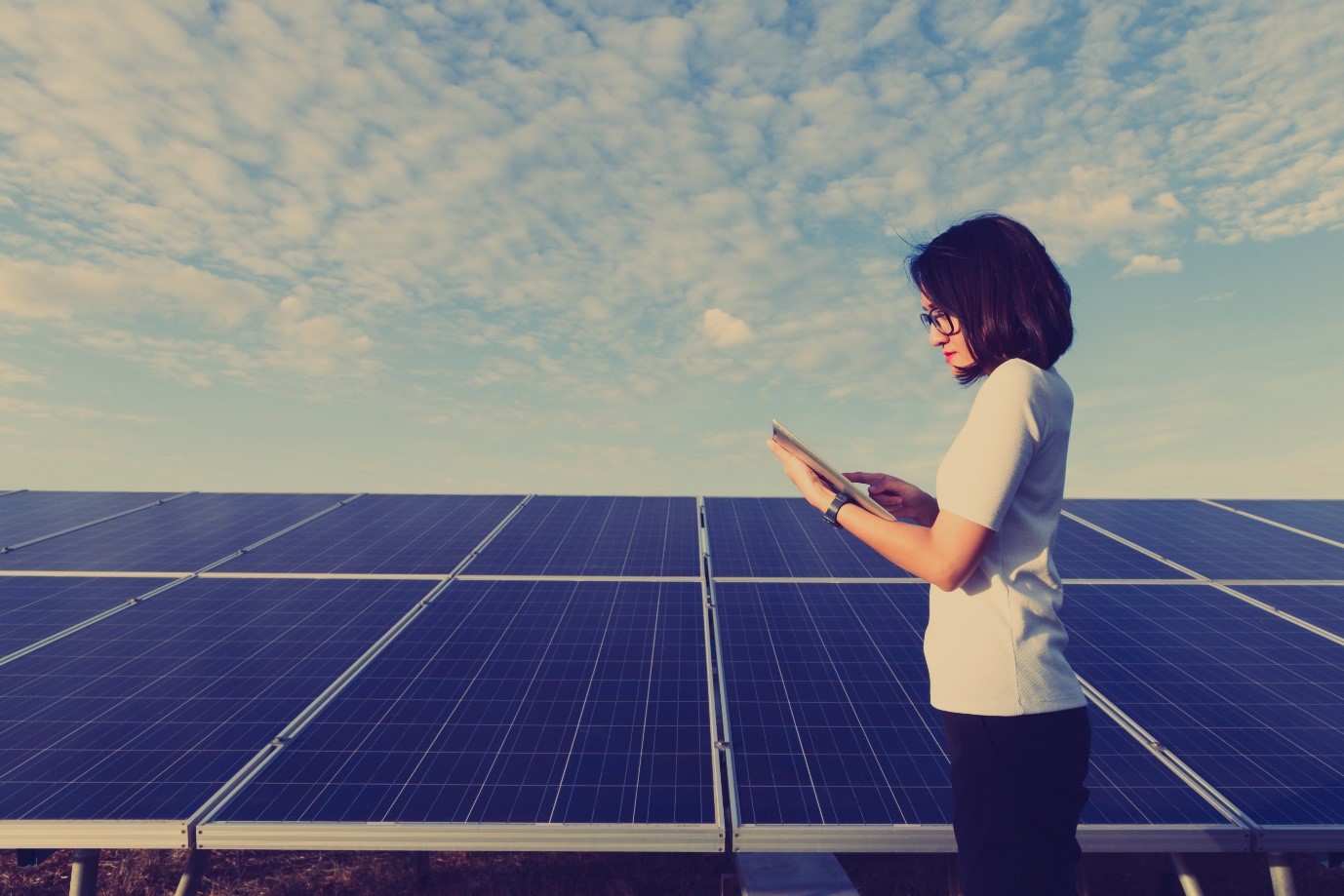Women-led businesses across Africa are fast becoming a frontline solution for three problems that are usually treated separately: fragile local economies, energy insecurity, and social instability. At the recent JICA FemPOWER Africa Promotion of Women’s Entrepreneurship session on “WPS + Innovation The Power of Women and Girls,” Kenyan entrepreneur Yvonne Mose of MOMA Renewable Energy stood out. Her company turns organic food waste into affordable bio-ethanol cooking fuel, a clean-energy product that reduces waste, creates jobs, and strengthens community resilience.
This is not an isolated novelty; it aligns perfectly with Kenya’s Women Enterprise Fund (WEF) Strategic Plan 2023–2027, which foregrounds access to finance, capacity building, market linkages, and technological innovation as levers to scale women’s enterprises. MOMA Renewable Energy illustrates how women entrepreneurs can sit at the intersection of clean energy, economic inclusion, and sustainable peace.
What MOMA Renewable Energy Does And Why It Matters
MOMA Renewable Energy manufactures ethanol-based cooking fuel from organic food waste and byproducts. This dual-purpose innovation offers a waste-management solution while providing a cleaner, safer alternative to charcoal and kerosene.
For households, switching to bio-ethanol reduces indoor air pollution and health risks while cutting daily energy costs. For cities, it lowers landfill volumes and methane emissions. For communities, it creates small-scale production and distribution jobs. In short, it is a triple win: environmental, social, and economic.
That practical intersection of waste, energy, and livelihoods is why practitioners increasingly point to women entrepreneurs as peace-builders. They don’t just run businesses, they stabilize communities.
Kenya’s Women Enterprise Fund Strategic Plan 2023–2027 highlights four barriers that keep enterprises like MOMA from scaling:
- Limited access to credit – women-owned businesses often remain small because they cannot secure affordable loans.
- Weak business skills – without formal training, many struggle to expand beyond local markets.
- Poor market linkages – entrepreneurs lack connections to buyers, suppliers, and government procurement.
- Slow adoption of technology – many enterprises remain traditional and miss out on efficiencies.
Also read: Kenya’s Electric Vehicle Revolution Fueled by Renewables
By aligning its investment, training, and market access programs with these barriers, WEF aims to transform small women-led firms into resilient employers and suppliers. Scaling women’s clean energy businesses is therefore not just an economic agenda, but also a peace and security strategy.
Why Clean Bioenergy from Waste Is a Strategic Choice
Bioenergy derived from wastes and residues is increasingly seen as one of the most scalable renewable energy pathways. Unlike large-scale biofuel projects that compete with food crops, waste-to-fuel approaches use discarded organic matter as an abundant and underutilized resource.
For African cities struggling with solid waste management, turning food waste into ethanol or biogas solves two problems at once: reducing urban waste and expanding access to clean, affordable cooking fuel. Importantly, this pathway lowers reliance on unsustainable fuels like charcoal, which drives deforestation, and kerosene, which carries both financial and health costs.
The connections between clean energy and peace are not abstract. They play out in everyday life:
- Economic inclusion: Women-led businesses create incomes and broaden household options, reducing the poverty and frustration that often fuel instability.
- Resource competition: By substituting charcoal and kerosene with locally produced biofuels, communities reduce dependence on contested or environmentally damaging resources.
- Social cohesion: Women-centered enterprises often embed training, cooperative models, and community procurement, building networks of trust and resilience.
In fragile or post-conflict regions, these factors directly support stability. Where women entrepreneurs thrive, they not only improve household welfare but also act as informal peace-builders.
Evidence and Market Outlook
The global energy outlook places biofuels and waste-derived energy among the fastest-growing renewable sectors. As conversion technologies improve and governments create supportive regulatory frameworks, the demand for ethanol-based products is expected to rise.
For African entrepreneurs, this means both local and export opportunities provided they can meet quality and safety standards. This potential explains why international agencies, donors, and governments are now targeting women-led enterprises in clean energy as a high-impact area for investment.
Also read: Delta State Signs MoU with REA to Power 386,000 Residents
To move from inspiring pilots like MOMA Renewable Energy to large-scale impact, four key actions are essential:
- Finance Instruments Tailored to Women Entrepreneurs
Small, de-risked loans, blended finance mechanisms, and pay-as-you-go models are necessary to match the cash flow realities of clean energy businesses. - Capacity Building and Technical Support
Training must go beyond business basics to include technical incubation, quality control, safety, and regulatory compliance so women-led firms can compete in larger markets. - Public Procurement and Market Linkages
Governments, schools, and hospitals can accelerate adoption by sourcing from women-led clean energy enterprises, creating steady and reliable demand. - Monitoring and Impact Measurement
Tracking metrics such as emissions avoided, waste reduced, and jobs created will allow entrepreneurs to access carbon finance and attract impact investors.



